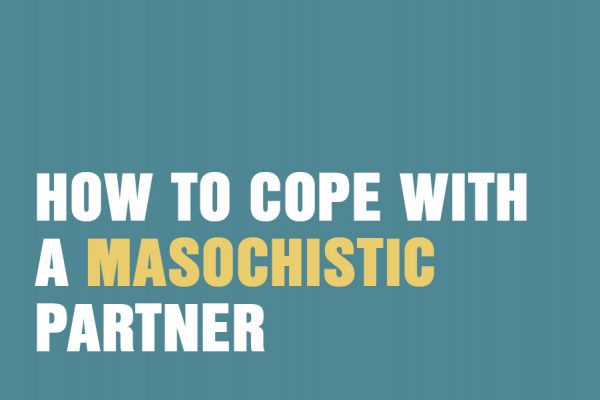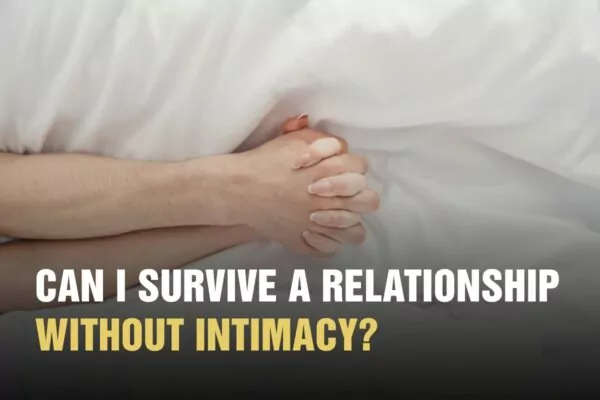The term ‘co-dependent’ is one you may be familiar with: a co-dependent person is generally defined as someone in relationship who is needy and clingy, and whose life pretty much revolves around the person they love. The other, lesser known, end of the spectrum is known as counter-dependence: where the partner appears to be strong and self-sufficient, but underneath struggles with intimacy and consequently struggles with being in a relationship.
Very often, as couple therapists, we see one co-dependent and one counter-dependent partner in a relationship with each other: one is the needy, anxious one; the other is the avoidant, distant one. It can take some time for the couple to appreciate the needs of the other, and to adapt their behaviours to support them.
Co-dependency expert Melody Beattie defines a co-dependent person as “one who has let another person’s behaviour affect him or her, and who is obsessed with controlling that person’s behaviour”. (From the book Co-dependent No More: How to Stop Controlling Others and Start Caring for Yourself.”
Experts on counter-dependency, Janae B. Weinhold and Barry K. Weinhold, say: “People with counter-dependent behaviours appear strong, secure and successful on the outside, while on the inside they feel weak, fearful, insecure and needy. They function well in the world of business but often struggle in intimate relationships.” (From the book The Flight from Intimacy: Healing Your Relationship of Counter-dependency – the other side of Co-dependency).
The roots of counter-dependency
Counter-dependency is said to start in childhood, between six months and three years old.
The children may have been abused or neglected, but in many cases just weren’t seen, heard or appreciated for who they really are. They may have had to meet the needs of parents who were too tired, busy or self-centred to realise the child had needs too. They may have needed to show themselves as the perfect child with perfect behaviours and perfect accomplishments, in order to receive any parental attention at all. Any request for their own needs to be met may have been received with ridicule or refusal. Or, worse than that, they may have been ignored. The child grows up fearing intimate relationships, and the thought of expressing a need sparks the fear of being abandoned or rejected. So they keep up the façade that they’re OK, while inside they feel lost and alone. And that can be incredibly frustrating for someone in relationship with a counter-dependent person.
Signs of being counter-dependent
- You believe that if you get too close to someone they will impose their thoughts and feelings on you and you will lose yourself.
- You are fiercely independent, refusing to ask or accept help from anyone.
- You equate vulnerability with neediness – and the prospect of ever being needy puts a chill down your spine.
- You fear getting too close to anyone in case they spy your secret needs and fears and end up rejecting you.
- Your defences created in childhood to avoid being hurt are like an armour in adulthood that is impenetrable. Yes, pushing people away keeps you safe from hurt, but it also stops you from receiving love. That can leave you in a very lonely place.
- You focus hugely on activities and achievements, working long hours and making sure the world knows about your accomplishments. Anything to ensure you stay cut off from your feelings.
- It’s important for you to look good and always be right, and you prefer to blame others when things go wrong. This can mask a terror of making a mistake and being shamed for it.
- You can be easily frustrated and lack patience – and have the tendency to be tantrumy when things don’t go your way.
How to work on your counter-dependency
Recognising that your counter-dependent behaviours are sabotaging your personal life can be the first step to healing your fears and making changes to enable you to be close to someone. This can be a long, slow, painful journey, however, as the process will involve you getting in touch with your vulnerability – and letting others see it too. It can help you to be in therapy and to be in relationship while you do this, to help you spot your patterns and to identify healthier ways of relating. The journey may involve you taking risks in your intimate life and finding the courage to connect with and express your true self.
If you’re in a relationship that is co-dependent or counter-dependent, and feel you need help navigating the journey, get in touch with us today. Our team includes couple therapists if you want to work through your issues with your partner, as well as relationship therapists if you want to work through things on your own. Call 020 8673 4545 or email [email protected]. Our Front of House team will help you identify the therapists that’s right for you. We have sessions available seven days a week at our Clapham and Tooting centres.







